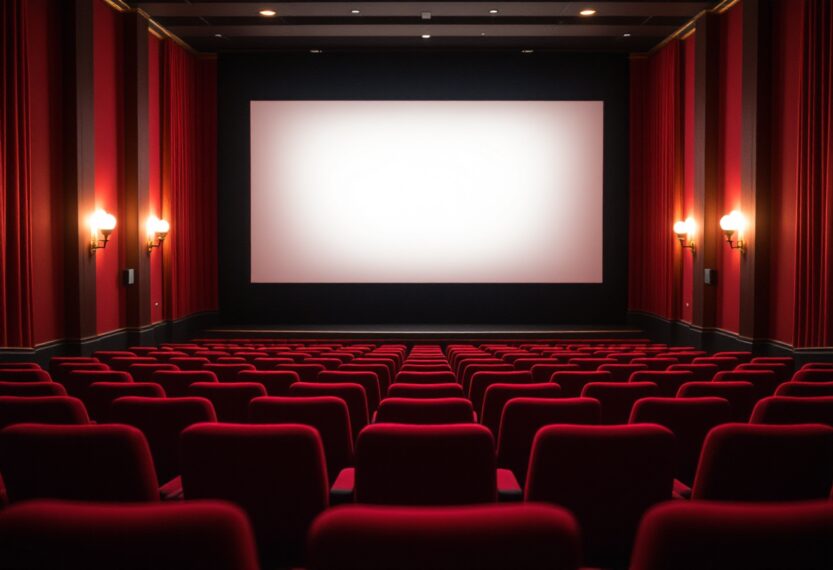The Academy Award for Best Director is one of the most prestigious accolades in the film industry, representing the pinnacle of achievement for filmmakers. Since its inception, this award has not only recognized individual talent but has also reflected the evolving landscape of cinema itself. The journey of this award is a fascinating tale of artistry, innovation, and sometimes, controversy.
The early years: Establishing a standard
Introduced in 1929, the Best Director Oscar was initially awarded to directors of both comedy and dramatic films. This dual recognition highlighted the diverse nature of filmmaking during the silent era. However, as the industry transitioned to sound, the need for a more structured approach became evident. The Academy began to separate the categories, allowing for a more focused evaluation of directorial prowess. This shift marked the beginning of a more competitive environment, where directors like Frank Capra and John Ford began to dominate the awards scene.
Breaking barriers: Diversity in recognition
As the decades progressed, the Academy Awards began to reflect broader societal changes. The recognition of women and minority directors became a significant milestone. Kathryn Bigelow’s win for “The Hurt Locker” in 2010 marked the first time a woman received the Best Director Oscar, a moment celebrated as a breakthrough for gender equality in Hollywood. Similarly, the recognition of directors like Ang Lee and Bong Joon-ho has brought attention to the importance of diverse narratives in mainstream cinema. These wins not only celebrate individual achievements but also encourage a more inclusive industry.
Modern era: The impact of streaming and global cinema
In recent years, the rise of streaming platforms has transformed the landscape of filmmaking. Directors such as Alfonso Cuarón and Chloé Zhao have leveraged these platforms to tell unique stories that resonate with global audiences. The Academy’s recognition of films like “Roma” and “Nomadland” signifies a shift towards embracing diverse storytelling methods and formats. This evolution reflects a broader understanding of what constitutes cinematic excellence, moving beyond traditional narratives to include a wider array of voices and experiences.
Conclusion: The future of the Best Director Oscar
As we look to the future, the Academy Award for Best Director will undoubtedly continue to evolve. The ongoing discussions surrounding representation and inclusivity in Hollywood suggest that the award will increasingly honor a diverse range of filmmakers. The significance of this award lies not only in recognizing individual talent but also in shaping the future of cinema itself. As the industry adapts to new challenges and opportunities, the Best Director Oscar will remain a vital part of its narrative.

